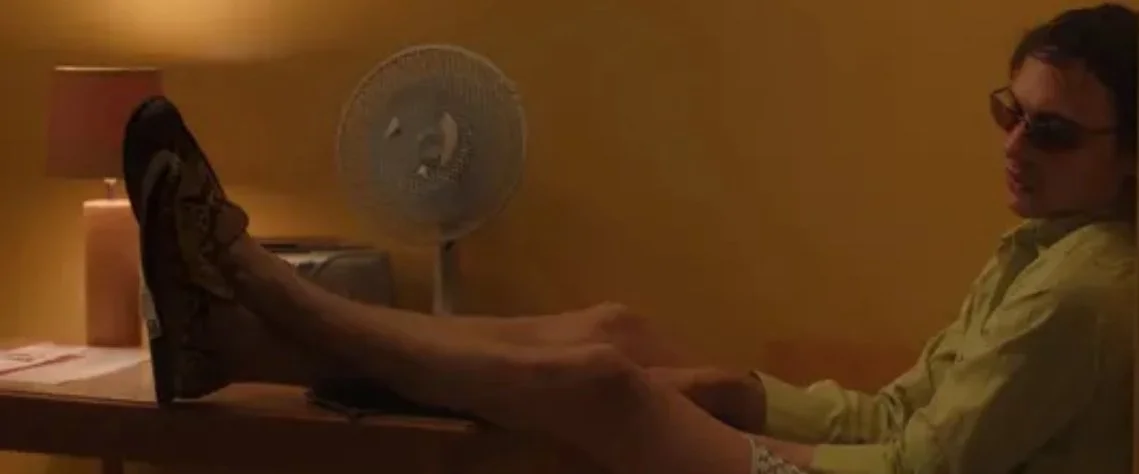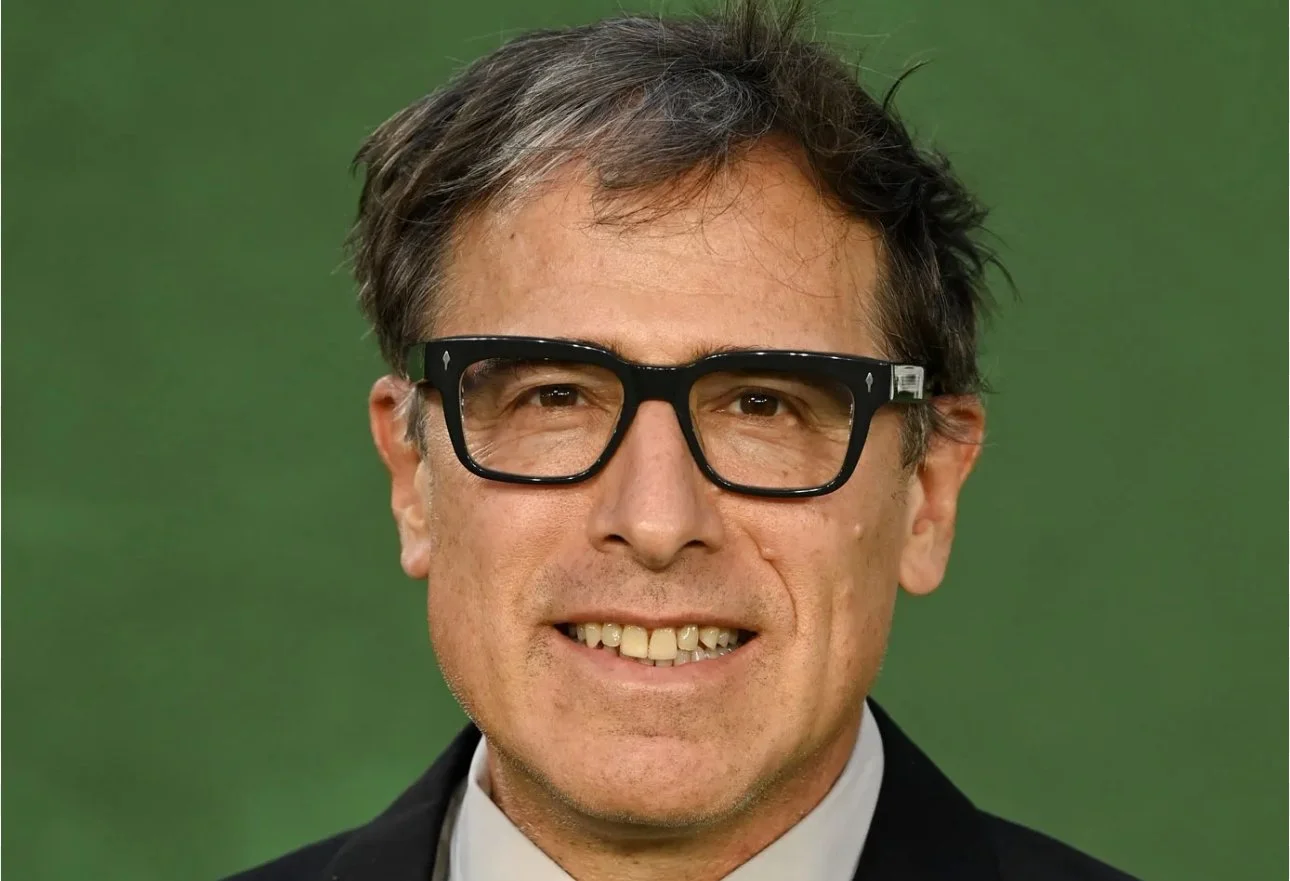
Originally published for The Playlist
It didn’t take much time for the screening of Bong Joon Ho‘s “Okja” to create a stir at Cannes. The film started off being booed not for its alliance to producer Netflix, but because of a technical glitch which projected the film in the wrong aspect ratio. The film came to a screeching halt and a seven-minute delay followed. Once the film started again, booing happened for the reason we all thought it would: the Netflix logo appearing on the screen. The controversy didn’t stop there, as NoahBaumbach‘s Netflix produced “The Meyerowitz Stories” premiered two days later and was booed again once the Netflix logo hit the screen. Let’s be clear here, the films weren’t booed for their quality, they were booed because of Netflix not playing by the rules of the way film’s are released in France.It’s an issue that caused so much controversy in the country’s movie industry, that Cannes has effectively barred the streaming giant from debuting film’s on the Croisette.
Baumbach’s film is split into three sections, each for a Meyerowitz sibling, and is edited like a series of little portraits. Dustin Hoffman gives one of the best performances of his career, ditto Adam Sandler, but talking to Deadline about the film this week, Baumbach actually saved his most in-depth answers for the questions surrounding the Netflix controversy:
“To be clear, I didn’t make the movie with Netflix. I made the movie independently, as I’ve made all my movies. I wasn’t even thinking of an alternative — I was thinking this would be shown in theaters, as all my movies are. Netflix acquired it from my producer in post and they have their way that’s important to them. We all end up there anyway — all movies are going to end up on these servers, and that’s great,” the director said.
He goes on to say that while it’s great that his movie has the chance to be seen by a larger mainstream audience, he believes that an audience should be given the choice as to whether they want to see a film at home or in theaters, something Netflix rarely does, and that seeing a movie at the cinema is and should always be the way to go:
“It’s great that people can find things that they’ve missed, or they wouldn’t find otherwise. I think it’s a great thing. I didn’t have that as a kid. VHS came around, but it took a while for that to be as thorough as what it is now. But I think it’s a singular experience, seeing a movie in the theater. I think audiences should be given the opportunity to see things for the first time that way,” he explained.
Martin Scorsese is one of the detractors of home viewing, despite his next film “The Irishman” being distributed by Netflix. He recently observed that the detriment that comes in watching something at home has to do with all the distractions lying around the screen (your phone, your laptop, people passing by), something Baumbach agrees with.
“I believe, actually, passionately about it. My girlfriend, Greta [Gerwig], who’s got a movie coming out as well [‘Lady Bird‘], was asked this question at the New York Film Festival, and I was initially annoyed because she had such a good answer. I was like ‘How did you keep this to yourself?’ She was paraphrasing [editor] Walter Murch, who I guess had written an addendum to this book, In the Blink of an Eye, about home viewing versus theatrical. He was saying that when you go into a theater, you are vulnerable. You’re giving yourself over to the experience in a way that when you’re watching it at home — no matter what, no matter how good your system is — you’re the master,” he said. “You can shut it off, walk out of the room, make a phone call. And that doesn’t even get into watching things in a communal environment, versus watching things alone, which is also a different experience.”
“It’s important for me to stress how I think movies like mine, and what would be considered more intimate stories than a movie like ‘Dunkirk‘ — where the benefit of seeing it in the theater is obvious on paper — is that it’s equally important to see movies like mine and ‘Moonlight‘ in the theater, because you’re more emotional in that way,” Baumbach continued. “It’s just a different thing. Not only do I think it shouldn’t go away, I really think it won’t go away. Things will change, but I think that experience will continue to live on.”
This is all music to my ears as I have always tried to watch movies, big and small, in theaters precisely because it is just a more personal endeavor. There’s less of an inclination to check your phone, and the large screen and loud sound make it a more enveloping experience, making you less inclined to quit on a movie after only a few minutes. And you’re surrounded by cinephiles who are witnessing the same work of art as you are, which makes for such a beautifully memorable moment that cannot ever be duplicated anywhere else.




